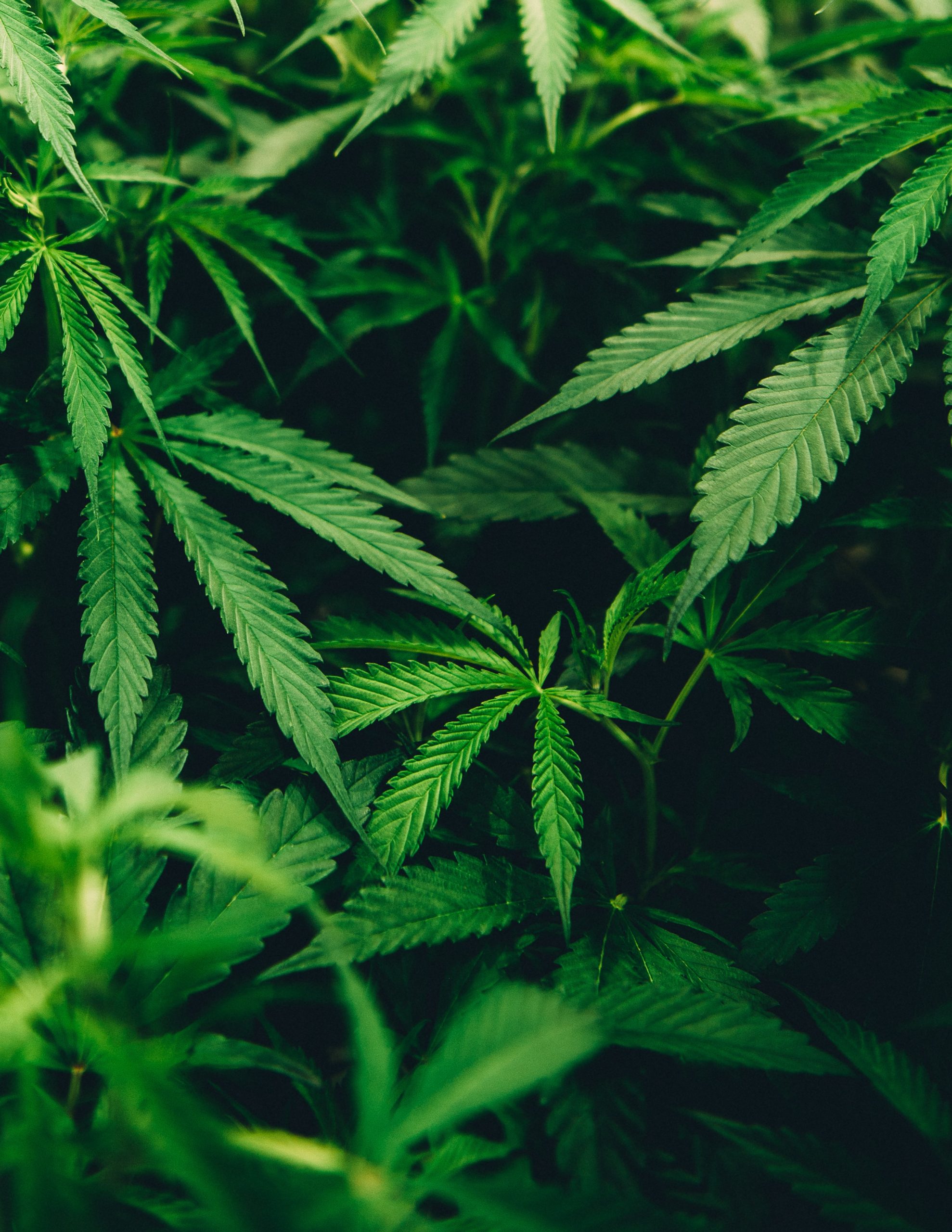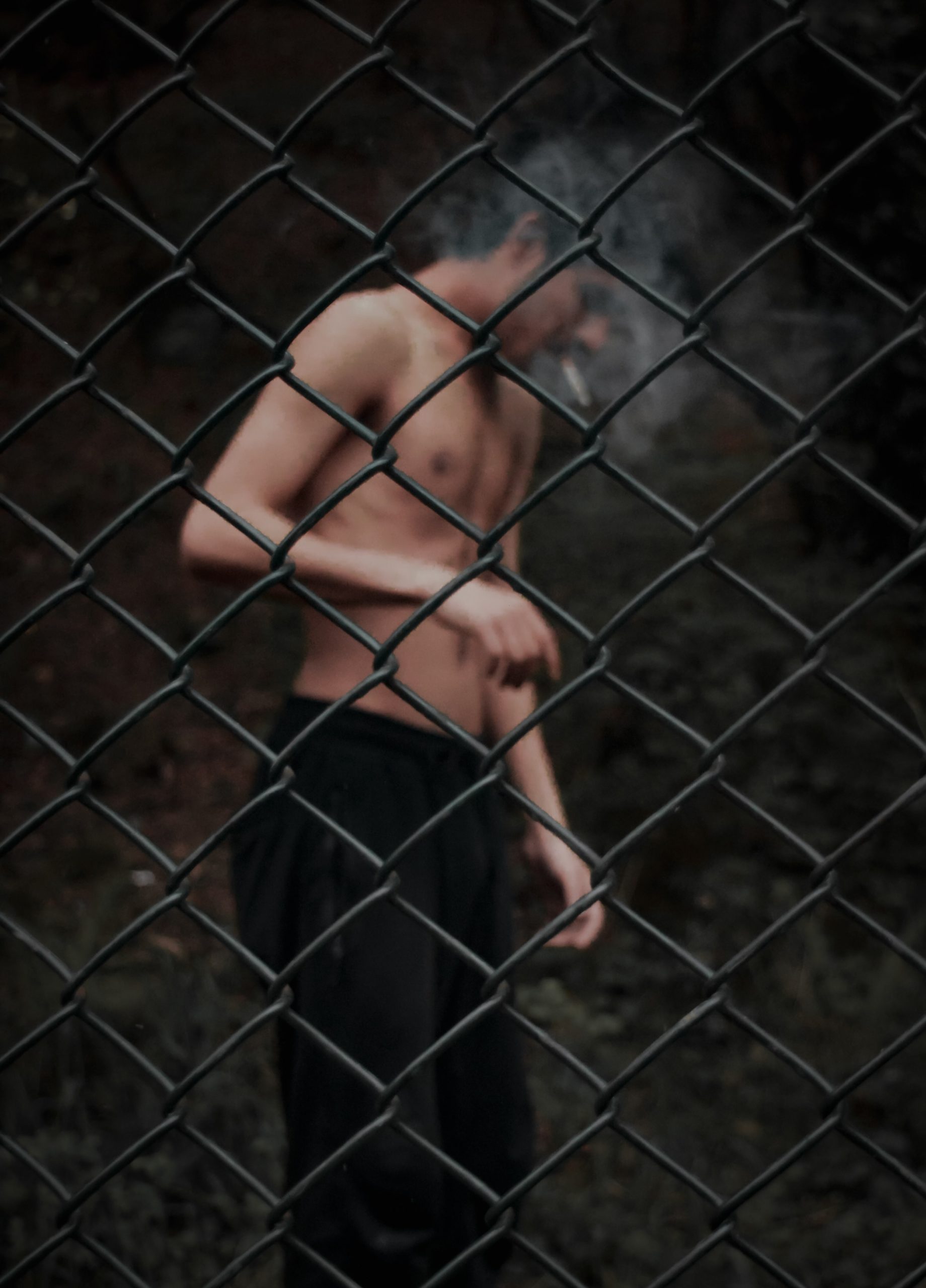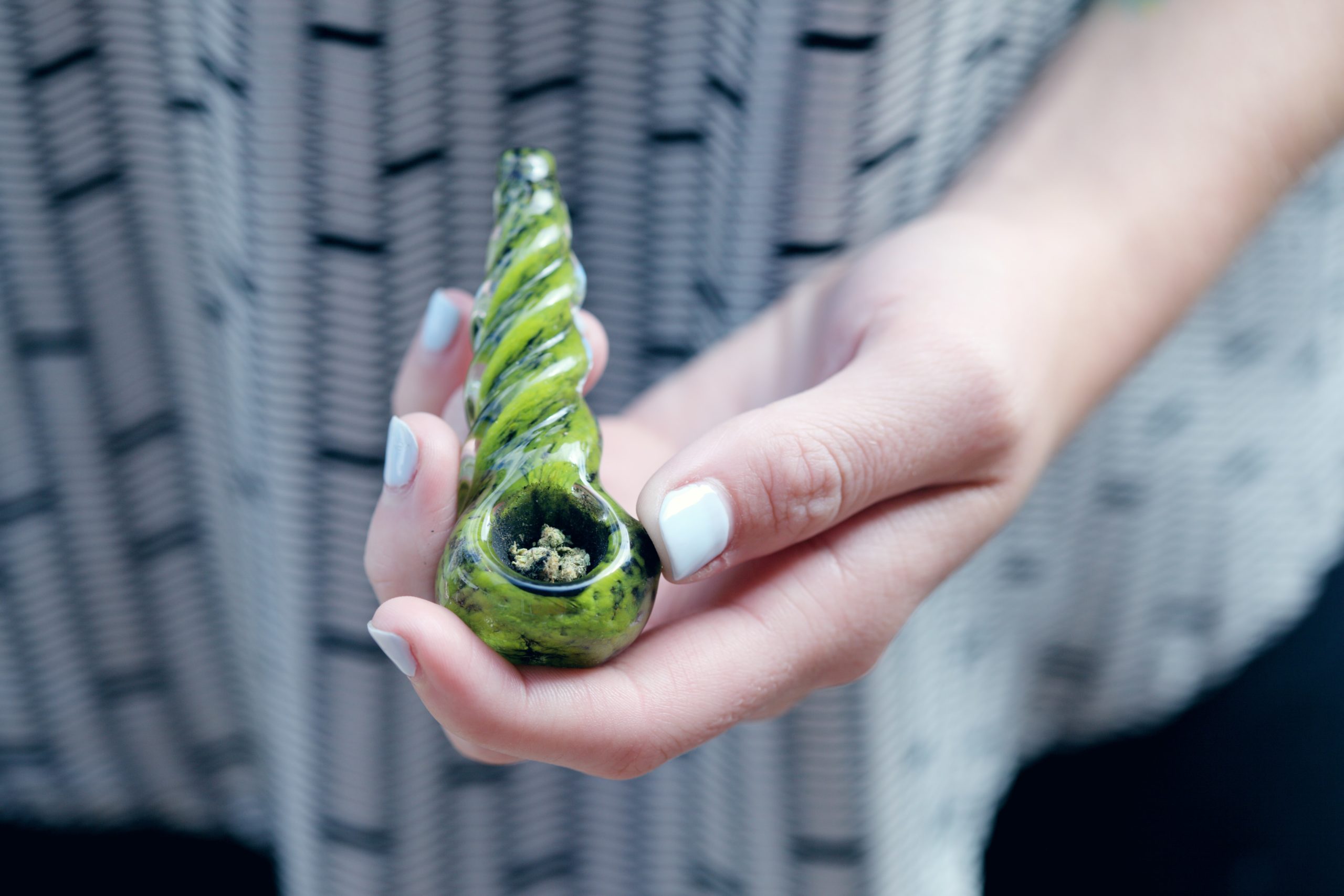What is Marijuana addiction?
When smoked, THC quickly enters the bloodstream and travels throughout the body, including the brain. When consumed orally, THC is taken in at a slower rate. THC’s effects on the brain are localised to the weed receptors of individual brain cells, regardless of the route of administration. Evidence from studies shows that marijuana use can bring about or amplify a variety of issues in one’s regular life. When compared to their non-using peers, heavy users are less likely to be happy with their lives overall, to be in good mental and physical health, to have fulfilling relationships, or to achieve academic or professional achievement. The risk of dropping out of school is also increased by drug use. Numerous studies have found that marijuana usage in the workplace leads to more absenteeism, tardiness, accidents, workers’ complaints, and job turnover.







